Your Ultimate Guide to Relocation & Expat Life in the Dominican Republic
A perfect destination for expats, offering beautiful beaches, a warm climate, and an affordable cost of living. With a welcoming community and vibrant lifestyle, it’s an ideal place to start a new adventure and enjoy life abroad.
Start Your New Life in the Dominican Republic
Experience a vibrant culture, stunning beaches, and a relaxed lifestyle as you start your new journey in the Dominican Republic.
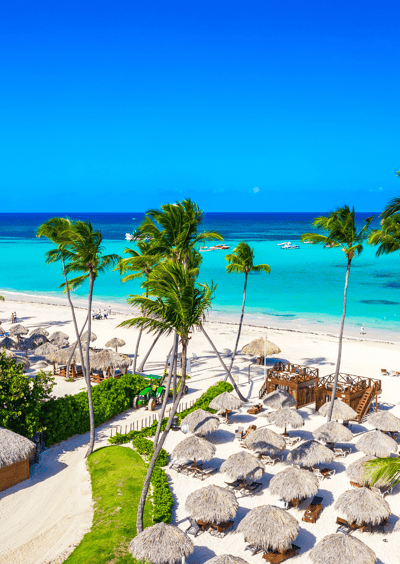

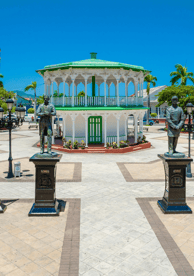

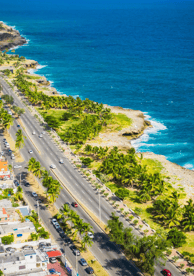

Why Choose the Dominican Republic?
Provide a general summary of the services you provide, highlighting key features and benefits for potential clients.
Climate & Natural Beauty
Year-round tropical weather, beaches, and mountains.
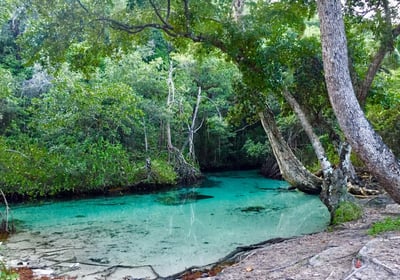

Affordable Living
Lower cost of living compared to North America and Europe.
A growing expat community and warm locals.
Friendly Community


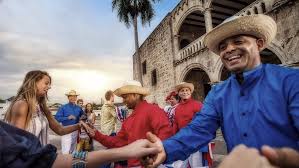

Relocation Steps: A Simple Guide for Expats
Enjoy warm weather, beautiful beaches, and a vibrant culture as you settle into expat life in the Dominican Republic.
Legal Requirements for Residency
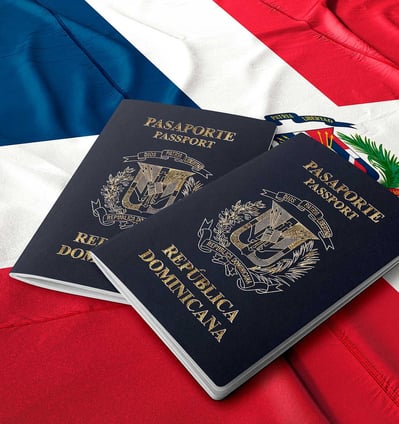



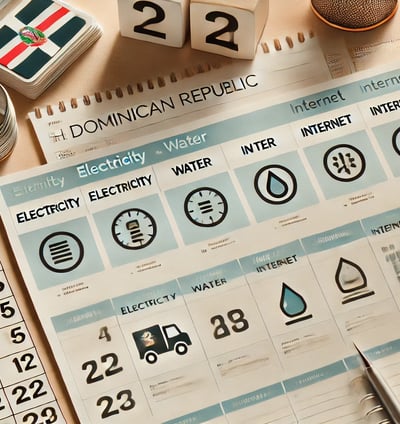

Visa and Residency Options: Overview of the types of visas available (tourist, temporary residency, permanent residency, etc.).
Work Permits: How to obtain permission to work in the country, including self-employed or remote work visas.
Finding Accommodation
Renting vs. Buying: Tips on renting a home vs. purchasing property.
Top Cities for Expats: Overview of popular locations like Santo Domingo, Punta Cana, and Puerto Plata.
Setting Up Utilities & Services
Electricity & Water: How to set up utility accounts.
Internet & Phone Services: Popular providers and plans.
Transportation: Renting or buying a car, public transportation options.
Living the Expat Dream in the Dominican Republic
Living in the Dominican Republic
Enjoy beautiful beaches, a warm climate, and an affordable lifestyle. With modern amenities, great healthcare, and welcoming communities, the DR is a perfect place to call home. Let us help you make the move!
Financial Considerations
Q: Can I open a bank account in the Dominican Republic?
A: Yes! Most banks require residency or a valid passport, proof of address, and a minimum deposit. Popular banks include Banco Popular and Scotiabank.
Q: What currency is used, and can I use U.S. dollars?
A: The Dominican Peso (DOP) is the official currency, but U.S. dollars are widely accepted in tourist areas. It's best to exchange money at banks or use ATMs for better rates.
Visa and Residency Options
Q: What visa options are available for long-term stays?
A: You can enter as a tourist for up to 30 days (extendable to 90 days). If you plan to stay longer, residency options include temporary, permanent, and investor visas.
Q: How do I get residency in the Dominican Republic?
A: The process typically starts with a temporary residency application at a Dominican consulate, followed by an in-country process with the Department of Migration. It usually takes 6-12 months. Hiring a lawyer can simplify the process.
Cultural Integration
Q: What is the local culture like?
A: The Dominican Republic has a warm and friendly culture with strong family values, vibrant music, and delicious cuisine. Learning basic Spanish helps with integration.
Q: Is it easy to make friends as an expat?
A: Yes! Expats are welcomed, and many communities have social groups, sports clubs, and expat meetups.
Finding Housing
Q: Is it better to rent or buy property?
A: It depends on your long-term plans. Renting is great for short stays or exploring different areas before committing. Buying is a good investment, with no restrictions on foreign ownership.
Q: What are the best areas for expats?
A: Popular areas include Santo Domingo (urban lifestyle), Punta Cana (resort-style living), and Sosúa/Cabarete (beachfront communities).
Transportation
Q: Do I need a car in the Dominican Republic?
A: It depends on where you live. In cities, public transport (buses, taxis, Uber) is widely available. In smaller towns or rural areas, having a car is more convenient.
Q: How safe is driving in the DR?
A: Driving can be challenging due to aggressive driving habits and road conditions. Many expats opt for a driver or use taxis/Uber instead.
Cost of Living
Q: Is living in the Dominican Republic affordable?
A: Yes! The cost of living is significantly lower than in the U.S. or Europe. A couple can live comfortably on $1,500-$2,500 per month, depending on lifestyle and location.
Q: What are the biggest expenses?
A: Housing, healthcare, and imported goods are the most significant costs. Utilities and local food are relatively inexpensive.
Legal and Financial Support
Q: Do I need a lawyer when buying property?
A: Yes! A real estate lawyer ensures the property is legally registered and free of debts or disputes.
Q: What taxes should I be aware of?
A: Property taxes are 1% annually for properties over $150,000. If you earn income locally, you may also have tax obligations.
Conclusion
Moving to the Dominican Republic offers an exciting opportunity for a high-quality, affordable lifestyle in a beautiful setting. Whether you're looking to invest, retire, or start a new adventure, proper planning and local guidance will make your transition smooth. If you have more questions, feel free to reach out!
Tips for a Smooth Transition
Q: What should I do before moving?
A: Visit first to explore areas, research visa options, and connect with expat groups. Learning some Spanish will also help!
Q: How can I adjust quickly to life in the DR?
A: Embrace the culture, be patient with bureaucracy, and make local connections. Things move at a slower “Caribbean pace.”
Things to Do and Explore
Q: What are some must-visit places in the Dominican Republic?
A: Top spots include Punta Cana’s beaches, Santo Domingo’s Colonial Zone, Samaná’s waterfalls, and Puerto Plata’s cable car.
Q: What activities are popular?
A: Outdoor lovers enjoy surfing, hiking, scuba diving, and golf. The country also has a rich nightlife scene and cultural festivals.
Healthcare
Q: What is healthcare like in the Dominican Republic?
A: The Dominican Republic offers both public and private healthcare. Private hospitals in major cities like Santo Domingo, Santiago, and Punta Cana provide high-quality care at a fraction of U.S. or European costs. Many expats choose private health insurance for better access to top facilities.
Q: Do I need health insurance?
A: While not mandatory, private health insurance is highly recommended as it covers better hospitals and doctors. Plans are affordable, with options for both local and international coverage.
Relocation Services & Fees
Initial Consultation
Personalized relocation planning
Cost of living & budgeting guidance
Answers to residency, housing, and lifestyle questions
$100
Provide a short exploration of our menu wonders, spotlighting dishes that promise an unforgettable dining journey.
Residency & Visa Assistance
Residency application & legal paperwork processing
Visa renewals & extensions
Assistance with required documentation
$800+
Housing & Rental Assistance
Property search & viewing coordination
Lease agreement review & negotiation
Guidance on best neighborhoods for expats
$500+
Moving & Settling-In Services
$300+
Assistance with shipping & customs clearance
Utility setup (electricity, internet, water)
Transportation & school recommendations
Business & Investment Support
Business registration & legal setup
✔ Banking & tax guidance for expats
✔ Investment property consultation
Custom Price
$2500
Full-Service Relocation Package
End-to-end support for relocation
✔ Legal, housing, and moving assistance
✔ Ongoing expat support after arrival


The Dominican Realtor
Your Gateway to Caribbean Living
Location: Calle 5 Los Maestros, Puerto Plata
Phone: +1 (829) 303-4465
Email: info@thedominicanrealtor.com
Quick Links
© 2024. All rights reserved.
Business Hours:
Monday – Friday: 9:00 AM – 6:00 PM
Saturday: 10:00 AM – 4:00 PM
Sunday: Closed
Available by appointment for after-hours consultations.




Powered By:


